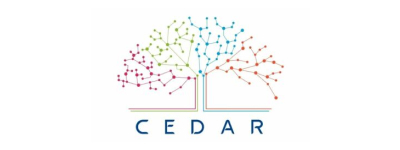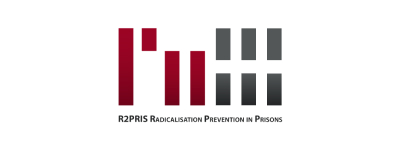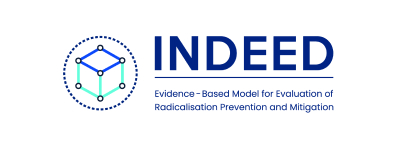
CEDAR
Continuing Education Against Radicalisation

Radicalisation Prevention in Prisons
Project design
IPS_Innovative Prison Systems
Timeframe
09/2017 – 12/2020 (40 months)
Get in touch

This project addresses the phenomena of radicalisation and extremism inside prisons, by enhancing the competences of frontline staff (correctional officers, educational staff and psychologists, and social workers) to identify, report and interpret signals of radicalisation and respond appropriately.
Bringing together international experts in the field of radicalisation and national prison administrations, it aims to provide an innovative training programme for prison staff on how to recognise and prevent the process of radicalisation.

Create awareness on the broad picture of terrorism, the mind set and narratives used by understanding:
Develop the tools and instruments for prison administration and line-level staff to recognize signs of radicalisation at an early stage within their specific facility.
Provide common, consistent and effective instruments to help staff report their observations to the appropriate intelligence staff.
Provide model procedures for intelligence staff to vet the data they receive from prison staff and to appropriately interpret it.
Establish a series of training programmes and tools for all staff within a prison to respond appropriately to potential vulnerable individuals at risk of radicalisation.
An innovative methodological framework for analysing deradicalisation and prevention of radicalisation strategies within prison.
A training course for all staff within a prison on how to detect and respond appropriately to potential vulnerable individuals at risk of radicalisation (an e-learning course and a train the trainer course).
A radicalization screening tool, with respective assessment materials and guidelines for prison administration and line-level staff to recognize signs of radicalisation at an early stage within their specific facility.
The tool will be adapted to the specific legal and cultural context of the countries involved in the project
Five national seminars with at least 15 national stakeholders/experts and 15 international participants each.
An international seminar, with the participation of at least 30 transnational experts/stakeholders and 15 national participants.

Continuing Education Against Radicalisation

Delivering a comprehensive approach to preventing, reporting, investigating and prosecuting hate crime and hate speech-related incidents in Portugal

Fostering Digital Democracy and Citizenship in Higher Education

Developing a European framework for disengagement and reintegration of extremist offenders and radicalised individuals in prison

Sentinels of the Future: Together to Eradicate Human Trafficking

Holistic Radicalisation Prevention Initiative (Balkan countries)

Law enforcement and community cooperation and training approach to prevent radicalisation by ensuring refugees’ successful inclusion

Strengthening a comprehensive approach to preventing and counteracting radicalisation based on a universal evidence-based model for evaluation of radicalisation prevention and mitigation

Integrated Community, Probation and Prison Services Radicalisation Prevention Approach

Identifying future capabilities for Community Policing

Multi-Ideological Radicalisation Assessment towards Disengagement

Participatory Approaches to Protecting Places of Worship

Partnership against Radicalisation in Cities

Radicalisation and violent extremism prevention in the community

Radicalisation Prevention Competences’ Development Programme for Justice Professionals

Communitarian approach for a holistic young refugee long-term integration

Strengthening Judicial expertise and Frontline support to combat Child Trafficking

Safeguarding symbolic places of personal and religious development and freedom in Europe through a multi-stakeholder approach.

Restorative and victim-centred approach to mitigate hate and (violent) extremism

Integrated Exit Programme for Prisons and Probation